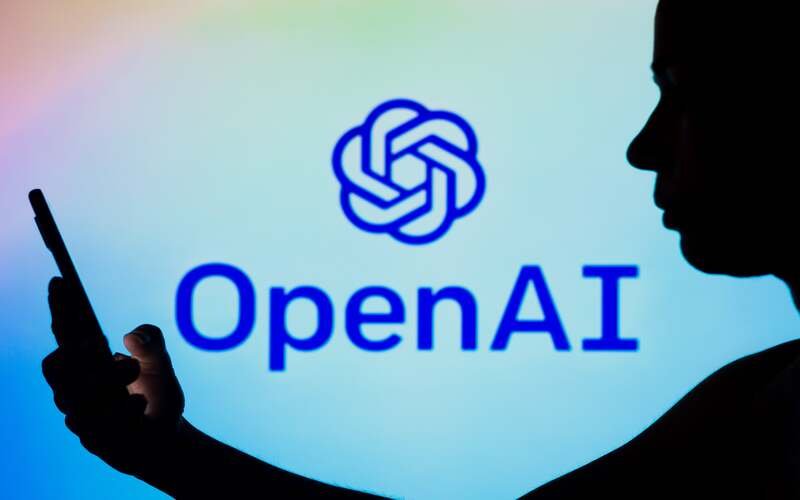Canadian privacy regulators are investigating ChatGPT-parent OpenAI’s data collection and use.
On Thursday, Canada’s Office of the Privacy Commissioner announced it would investigate OpenAI’s ChatGPT data collection, use, and dissemination.
Reuters asked for OpenAI comments.
The chatbot craze ChatGPT has ignited AI competition among internet titans like Alphabet Inc. and Meta, prompting governments to examine legislation for the revolutionary technology.
ChatGPT answers prompts with essays, humor, and poetry. OpenAI, a Microsoft Corp (MSFT.O)-backed private startup, gave it out in late November.
Canada will investigate whether the corporation followed “its obligations with respect to openness and transparency, access, accuracy and accountability.”
“As this is an active investigation, no additional details are available,” the commissioner’s office said.














































Comment Template